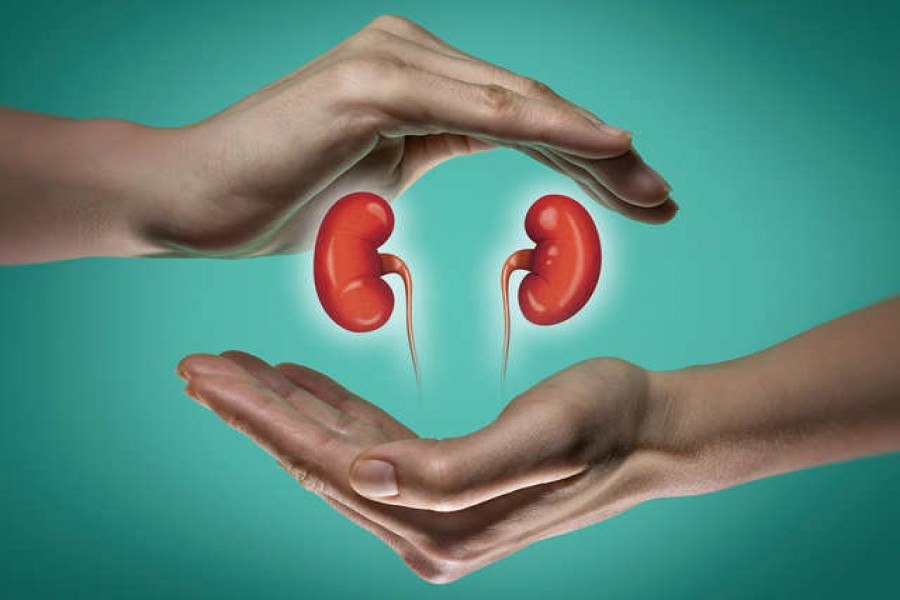Speakers at a roundtable laid stress on concerted efforts of government, non-government and voluntary organisations to ensure kidney treatment for all.
They highlighted the widespread prevalence of kidney disease, its fatal consequences, rising treatment costs, and the fact that the vast majority of renal failure cases suffer a tragic death without treatment, according to a statement.
The roundtable was hosted by voluntary organisation Kidney Awareness, Monitoring and Prevention Society (KAMPS) in the conference room of Prothom Aloon Saturday as part of marking World Kidney Day-2022.
Speakers said every effort should be made to ensure the right to treatment of all types of kidney patients—be the rich, poor or disadvantaged—in remote areas of the country.
Health minister Zahid Malek forwarded a video message to the programme, says a press release.
Bangabandhu Sheikh Mujib Medical University vice-chancellorProf Dr Sharfuddin Ahmed was present as a panel discussant at the event.
Dr MA Samad, founder and president of KAMPS and head of the kidney department at Anwar Khan Modern Medical College Hospital, conducted the roundtable.
In his message,the minister recognised the need for heightening awareness among the public to prevent kidney diseases,saying that kidney treatment is critical and it is costly for people on lowincomes.
The cause of a spike in kidney diseases should be investigated and necessary steps be taken after analysing why it is not being possible to reduce medical expenses, he said.
Noted nephrologist and founder chairman of Kidney Foundation Prof Dr Harun-or-Rashid, Standard Bank chairman and former FBCCIpresidentQazi Akram Uddin Ahmed, eminent urologist Prof Dr MA Salam,architect Iqbal Habib, noted writer and journalistAnisul Haque spoke.
DGHSline director Prof Dr Mohammad Robed Amin, Kumudini Women’s Medical Collegeprincipal Prof Dr Abdul Halim, former cricketer Gazi Ashraf Hossain Lipu andKAMPS executive director RezwanSalehinalso spoke.
Prof Salam said emphasis should be given to a change in eating habits of children and youth through state and non-state agencies concerned.
Prof Sharfuddin says kidney treatment is so expensive that it is difficult for even the rich to bear it. “Since this disease is preventable, more importance should be given to prevention. For this, the government must play a leading role.”


